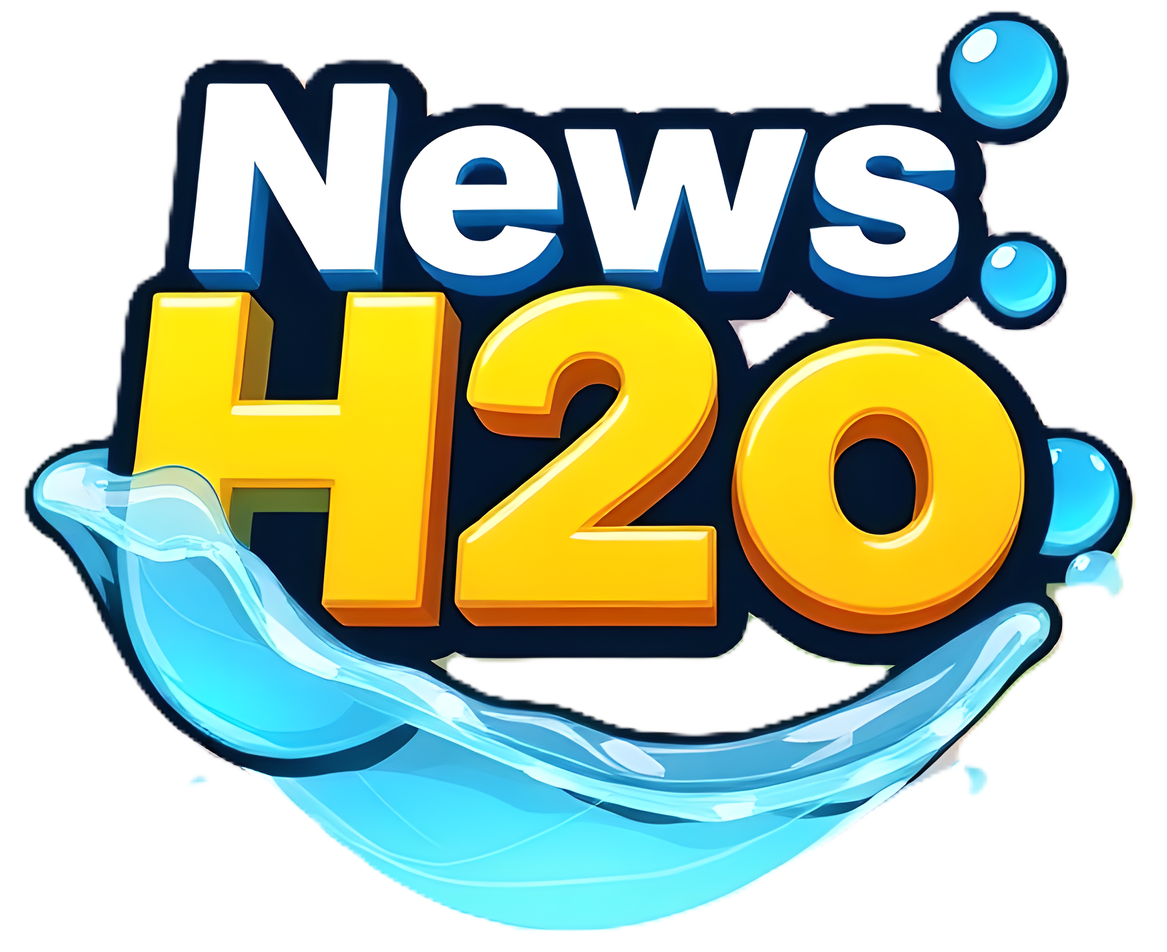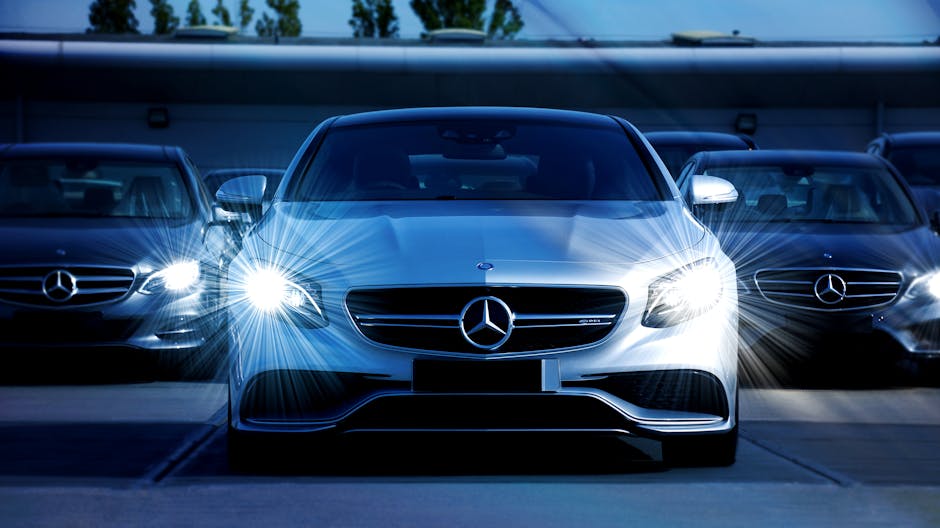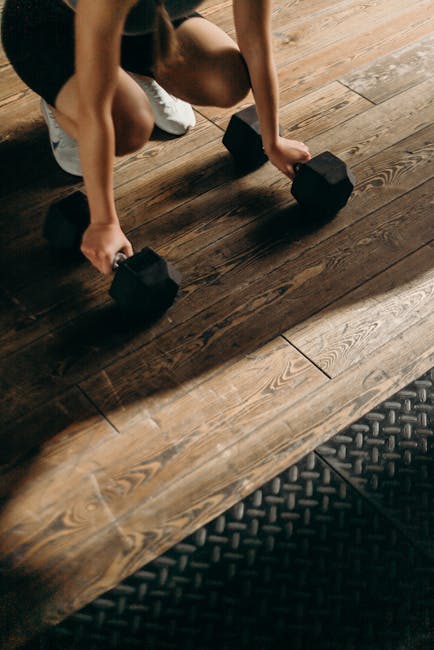IT SEEMS LIKE every fitfluencer on social media is sprinkling flavored packets of electrolyte powder into their water bottles these days. But does every workout warrant electrolytes, or is it all a marketing gimmick? The answer is somewhere between.
Electrolytes—like sodium, potassium, magnesium, and calcium—are the main characters when it comes to optimal hydration. Though you can replenish these electrolytes through your typical whole-food diet, when you’re sweating excessively, an electrolyte supplement may help. Whether you’re working out for an extended period, spending time in a hot or humid environment, or recovering from an illness, these minerals help your body function properly. If you lose too many of them through sweat, you might experience fatigue, cramps, or a lack of focus.
Now, if you live in a temperate environment, work out in AC, and keep your sessions to around 60 minutes, you’ll rarely need electrolyte supplementation. But if you’re, say, an elite athlete in Florida (or training like one) pumping out two-a-days, we are here to tell you exactly when to drink electrolytes. We also spoke to Mark A Harrast, MD, a sports medicine doctor with University of Washington, and Leah Reitmayer, MS, RD, a Board-Certified Sports Dietitian, to get their insight into electrolyte supplementation. Plus, we threw in a few of the best electrolyte supplements to get you started.
When Should You Drink Electrolytes?
While electrolyte supplementation may not be an everyday necessity, there are certain situations where it’s really important to top them up. According to Harrast, “What electrolytes supplementation does (in general) when exercising (and why they are in a lot of exercise beverages) is they help with gut absorption of fluid. So they help keep you hydrated. Drinking water with sodium in it will be absorbed in your gut more quickly than drinking plain water, so it’s definitely a good hydration strategy when you are at risk for becoming dehydrated (longer duration exercise, hot and humid conditions,etc).” With that in mind, here’s when we recommend you pay attention to your electrolyte levels.
You’re Exercising for An Extended Period
When you’ve just finished a long, intense workout, you’re probably feeling pretty drained. That’s because you’ve lost more than just water. If you’ve been sweating hard for extended periods (much longer than your average hour-long workout), your body needs to replace the electrolytes you lost—especially sodium. According to Mark A Harrast, MD, “In the endurance sports world (running and triathlon specifically), the limited data suggests competing in very long races, on the order of half and full ironman distance events (>4-5 hours), probably is where electrolyte supplementation is a necessity.” If you’re feeling tired, light-headed, or crampy after your session, electrolytes can help you recover quicker and decrease your chances of muscle strain.
It’s important to note the timeframe here—if you’re working out for an average time of 60 minutes or less, water and a solid meal of whole foods should do the trick. But for those exercising for longer periods or tackling two-a-days, electrolyte supps are your workout’s best friend.
You’re in Extreme Heat
Have you ever stepped outside for just a few minutes down in the Bahamas or Puerto Rico? If you have, you know how quickly the sweat can start to pool. Hot and humid environments make you sweat more, which means you lose electrolytes at a faster rate. If you’re working, exercising, or even just walking outside in the heat (90 degrees fahrenheit or higher) or humidity (65% humidity or higher), dehydration can happen surprisingly fast—maybe even as quickly as 20 minutes.
Electrolyte drinks can help replenish and even prevent common signs of heat exhaustion, like dizziness or muscle cramps. So if you find yourself in Joshua Tree where the summer temps can reach upwards of 100 degrees fahrenheit or you fancy yourself a Caribbean getaway where the humidity may reach 80%, bring some electrolyte packets with you.
You’re Recovering From Illness
Being sick, especially with something like the flu or a stomach bug, takes a lot out of your body. Literally (sorry for the visual). Diarrhea and vomiting, as well as fever can deplete both fluids and electrolytes. That’s part of the reason why you may feel so exhausted when you’re ill. To recover quicker, drinking an electrolyte-rich beverage may help your body absorb fluids more effectively. Sodium and potassium play an important role in fluid absorption, so getting those back will help speed up recovery.
Electrolytes are specific minerals with an electrical charge that your body uses for hydration, muscle function and recovery, and nerve signaling. These minerals are sodium, potassium, calcium, and magnesium. Each electrolyte plays a particular role: Sodium helps balance fluids, potassium supports muscle recovery and overall function, magnesium aids in relaxation, and calcium strengthens both bones and muscles.
You may find yourself losing electrolytes in excess if you exercise for extended periods, spend time outside in a humid or particularly hot environment, or are recovering from an illness (especially one that causes fever or stomach upset). In these cases, replenishing your sodium, potassium, magnesium, and calcium is key.
Do You Need To Take Electrolytes Every Day?
For most people, a healthy diet provides enough electrolytes. Bananas, leafy greens, dairy, and other foods are full of potassium, magnesium, and calcium. And many people don’t have a problem getting enough sodium through the foods they consume throughout the day, with higher levels in packaged foods and restaurant meals.
However, if you’re pushing your body with intense workouts or dealing with heat or illness, you may need more. In general, if you exercise for more than 60 minutes, find yourself in weather over 90 degrees fahrenheit and/or with increased humidity (around 65% or above), or are fighting a fever or stomach bug, that’s where an electrolyte supplement comes in handy. If you’re doing moderate exercise or maintaining good health, you don’t need them daily. But when your body is under stress, replenishing electrolytes can make a big difference.
How to Choose an Electrolyte Supplement
Choosing the right electrolyte supplement is a balance. You want something with the optimal amount of sodium, as well as potassium, magnesium and calcium, but without too much added sugar or fillers. Here’s what we look for.
Sodium
“You want to look for a product that contains at least 230 to 690mg of sodium,” says Leah Reitmayer, MS, RD, a Board-Certified Sports Dietitian and owner of Lettuce Eat Dessert. Sodium is the main electrolyte lost through sweat, so it should be a key focus when you’re looking for the best electrolyte supplement for you. Losing even just 1 to 2 percent of your body weight when you sweat can cause a high heart rate and exhaustion. Sodium is the mineral that is going to help improve that fluid retention during sweat loss.
“[You may need more sodium replacement’ if you are ‘salty sweater’ and have white caked on your skin or clothes from sweating during or after a workout in hot/humid conditions,” explains Harrast. “Compare yourself to your workout partners to get a feel for how much sodium you’re losing in your sweat. Some folks (more white residual on your skin) have [higher] salt concentration in their sweat than others. [It’s] not entirely uniform.”
Other Electrolytes
Potassium, magnesium, and calcium are all important electrolytes to keep in mind as well. These three electrolytes are also key for muscle function and hydration, though they aren’t lost as heavily through sweat as sodium. However, a well-rounded supplement will contain a mix of all four electrolytes. You should look for around 200 to 400mg of potassium, 50 to 200mg of magnesium (avoiding magnesium oxide and magnesium citrate as those forms may cause stomach upset), and 100 to 200mg of calcium.
It’s important to note that not all electrolyte supplements will include all of these electrolytes at the recommended doses, but that doesn’t mean they aren’t helpful supplements. Focus on the sodium content, and look for additional small doses of potassium, magnesium, and calcium where you can.
Added Sugar
Many electrolyte drinks pack added sugar for flavor. We wouldn’t recommend an electrolyte supplement that has more than 5 to -10g of added sugar, and frankly 10g is on the high end for us. Look for stevia or monk fruit as sweeteners instead. The one exception may be if you are using an electrolyte supplement as a carb source too, but I can almost guarantee you can find healthier carb supplementation than added sugar provides.
Convenience
Electrolyte supplements come in different forms: powders, tablets, packets, and ready-to-drink bottles. If you’re always on the go, convenience is key. Single-serve packets or effervescent tablets are great for travel. If you prefer something easy and quick, ready-to-drink bottles are also a good choice and often available in convenience stores and pharmacies.
Our Favorite Electrolyte Powders
Check out our guide to the best electrolyte powders. Below, we’ve got our best value electrolyte powder from Transparent Labs.
Best Value Electrolyte Powder
Transparent Labs Hydrate

More of the Best Supplements
Best Protein Powders | Best Creatine Supplements | Best Whey Protein Powders | Best Supplements For Men | Best Vegan Protein Powders | Best Magnesium Supplements | Best-Tasting Protein Powders | Best Protein Powders for Weight Loss | Best Multivitamins for Men
Lauren Keary is a NASM-certified nutrition coach and fitness/nutrition writer based in the San Francisco Bay Area. She is an ex-collegiate rower, and received her M.A. in magazine journalism and B.A. in literary journalism. She has nearly a decade of professional journalism experience and has covered topics all across the wellness and lifestyles spaces.
Her bylines include Fortune, BarBend, Outside Magazine, Evening Standard, BuzzFeed, Modern Luxury, Women’s Running Magazine, TripSavvy, San Diego Magazine, Orange Coast Magazine, Fitt and FoodBeast.
When she’s not writing or editing, you can catch her walking with her dog and an iced vanilla latte (half sweet) beachside or catching a flight.




